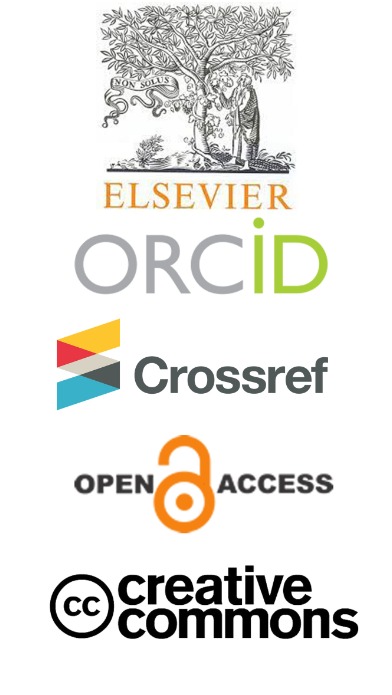
About the Journal
Res Militaris, a bilingual (English, French) and peer-reviewed publication, is an online social science journal focused on the study of military and security issues in the broadest sense, encompassing aspects of Sports Science as well. Its serial numbers, of the varia type, appear twice a year (Winter-Spring, Summer-Autumn). In addition to these two regular annual issues, Res Militaris publishes, at varying intervals, special thematic issues.
RES MILITARIS | ISSN: 2265-6294
Started: Vol. 1, n° 1 (automne 2010) | Frequency: Triannual | Publisher: Res Militaris | Medium: Online
Current Issue
Vol. 14 No. 2 (2024)
Published:
2024-04-04



